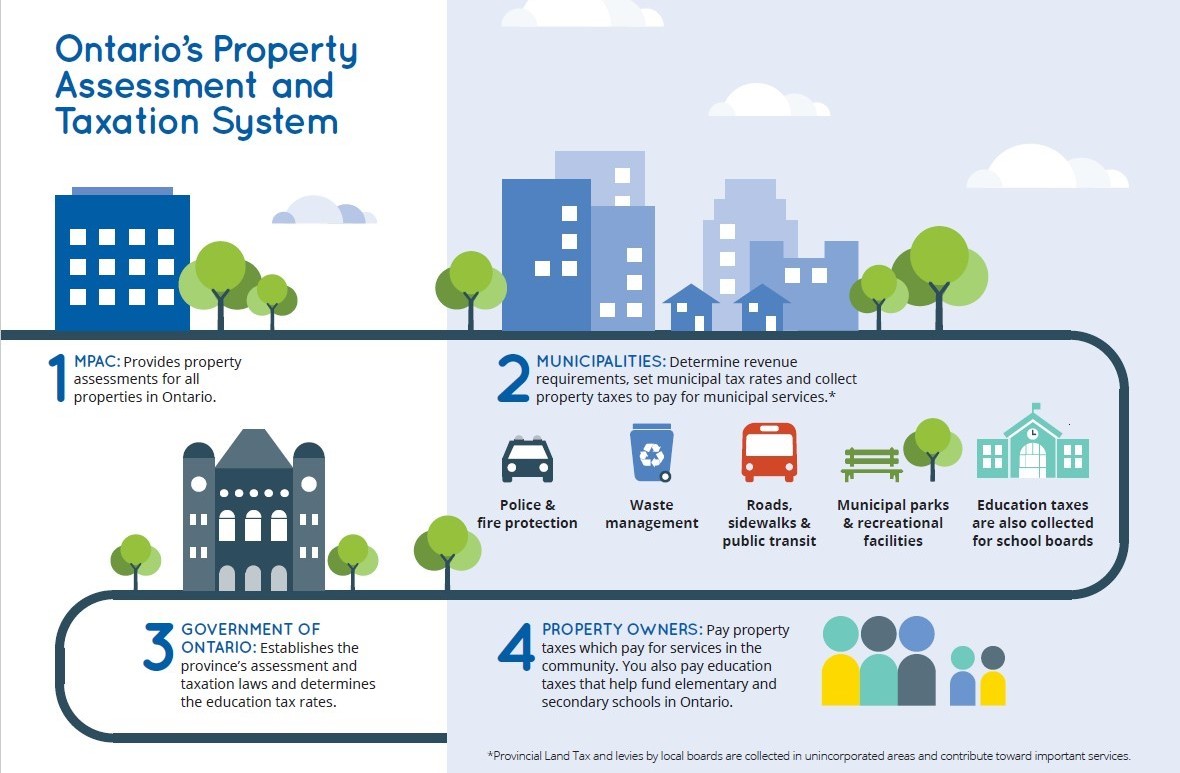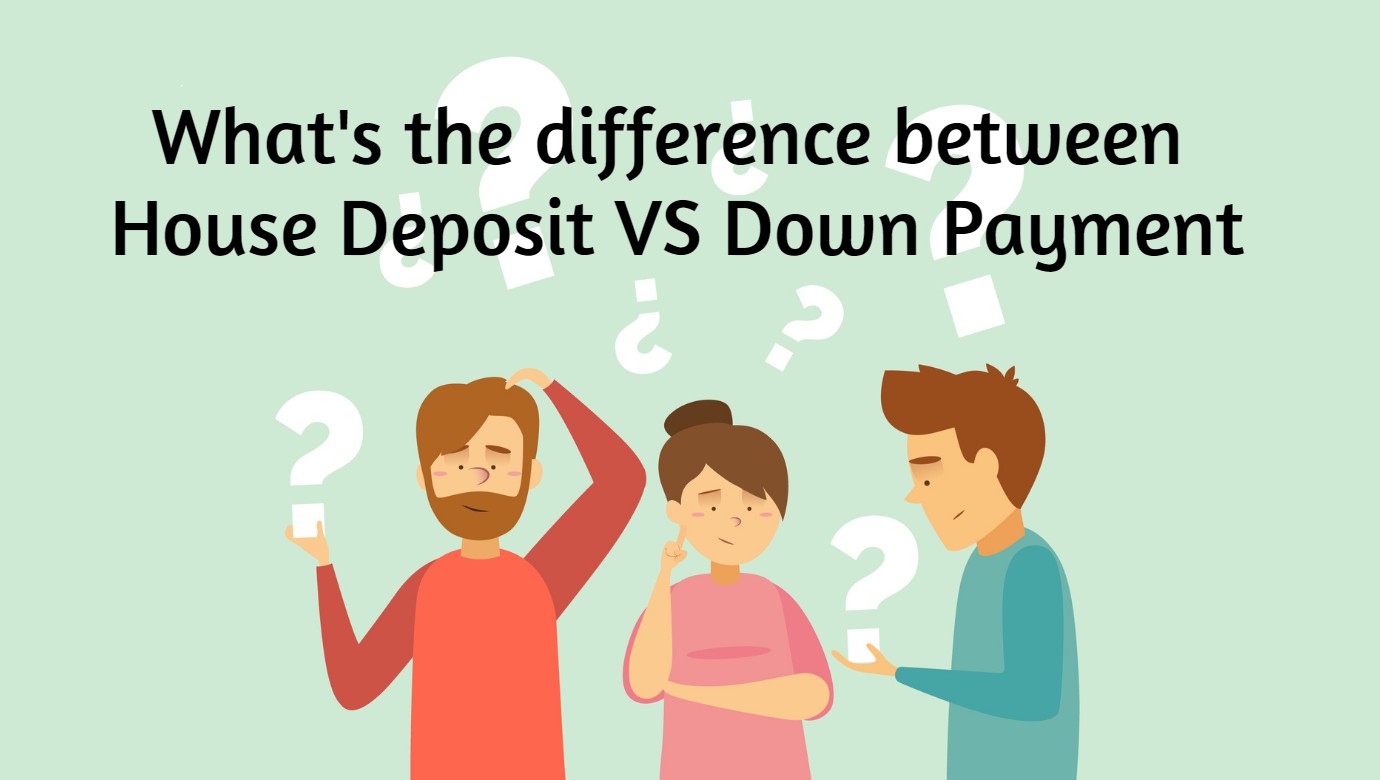Closing costs refer to a large variety of different fees and charges associated with the completion of your mortgage deal, including all legal and administrative expenses you’ll be responsible for paying leading up to, or on, your home’s closing date. It’s important to include these costs in your budget because, in most cases, they can’t be rolled into your mortgage payments.
Closing Cost typically range around 3-5% of the Home’s price in addition to House Deposit and they can’t be rolled into your mortgage payments.
How much are closing costs?
Closing costs range depending on the specific property you plan to purchase but, as a safe estimate, set aside 5% of the purchase price as a buffer to cover these expenses. They typically amount to anywhere from 3-5% of the home’s price, but it’s always wise to err on the side of caution by saving more money than you need. Any surplus can be used to help furnish and decorate your new home, or put aside for future maintenance costs. There really is no such thing as saving too much.
Tip: If you save more in your budget for closing costs than you need, any surplus can be used to help furnish and decorate your new home
Here are some of the most popular closing fees you can expect to pay:
Land Transfer Tax (provincial and municipal, where applicable) : This is one of the largest fees associated with the closing of your home. Representing a one-time payment, the land transfer tax is paid by the purchaser when the property is transferred from the seller. The amount you pay is based on the purchase price of your home and typically only applies to resale properties. If you live in Toronto, for instance, you’ll have to pay both the Toronto and Ontario land transfer taxes. But, if you’re a first-time homebuyer, you may be eligible for a land transfer tax rebate. We’ll provide full details on how to apply for any rebates.
HST/GST : Tax is only charged on new homes. But, you may be eligible for a rebate – both federal and provincial – in some circumstances. Certain conditions may apply. Contact your lawyer/notary for more detailed information.
Appraisal Fee : An appraisal is an unbiased estimate on the value of your home requested by the lender. It certifies the property’s resale value to the lender in case you default on your mortgage. The cost is typically $300-$500. An appraisal of your property is usually required by your lender as a means to determine whether the sale price of the home is in line with its true market value. The appraised value assures the lender that the value of your property, which is used to secure the mortgage, is sufficient to cover any losses should you default on your payments. Tip: this is often covered by your mortgage lender.
Legal Fees & Disbursements : Your lawyer/notary will charge you a fee for drawing up the mortgage and conveyance of title. The amount of the fee will depend on the professional you use. The typical cost is $800-$1,000.
Survey : If you’re purchasing a single-family home, you’ll need to provide your lender with a survey certificate showing where the property sits within the property lines. Some exceptions are made, however, on low loan-to-value deals and acreage properties. A survey will cost approximately $750-$1,000, but the lender will often accept a copy of an existing survey. While not as common as some of the other costs due at closing, you may be required by your lender to obtain a survey of the property, which clearly outlines its borders and boundaries. In addition to satisfying your lender’s requirements, this is a responsible exercise to undertake in order to avoid any potential issues or possible encroachment claims with neighbours down the road. The process involves hiring a surveyor who will measure the land and ensure that all boundary lines are being obeyed. In some cases, an existing land survey may be used, but you should be prepared for your lender to request a current one instead.
Interest Adjustments : You’ll need to pay interest on any gap between the closing date of the purchase and the first payment date of the mortgage. You can avoid an interest adjustment by scheduling your first mortgage payment exactly one payment period after your closing date.
Statement of Adjustments : Your lawyer/notary will calculate and prepare a statement of adjustments for your portion owing on utilities, property taxes and other bills based on where your closing date falls within the month/payment cycle. As some owners prepay these services, the adjustment could be quite costly. The purchase price of a resale home is subject to adjustments at the time of closing. This means that any costs that the seller has prepaid will be adjusted so that you end up paying the excess amount back to the seller. These prepaid costs are itemized in what is known as a Statement of Adjustments.
Title Insurance : Most lenders require title insurance to protect against losses in the event of a property ownership dispute. This is purchased through your lawyer/notary and costs approximately $200-300.
Home Inspection : A home inspection is a wise investment, as a professional will offer an objective visual examination of the physical structure and systems within a house. Cost range is $350-500.
Tip: You can avoid an interest adjustment by scheduling your first mortgage payment exactly one payment period after your closing date
How to avoid some closing costs
You may not have to pay all of the closing costs listed above, especially if you’re a first-time homebuyer.
- HST/GST is only charged on new builds so, if you’re purchasing a resale home, you won’t have to worry about this expense.
- In certain circumstances, depending on the specific property, you may not have to pay for a survey if the lender will accept an existing one.
- You can avoid paying an interest adjustment by scheduling your first mortgage payment exactly one payment period after your home’s closing date.
Who pays for the closing cost ?
The main closing cost paid by sellers is real estate commissions, which are typically split between the buyer’s and seller’s agent. In some cases, a seller will pay for a pre-inspection by a home inspector to help set buyers’ minds at ease that they’re making a sound investment in buying this property.
What role does the Lawyer play in closing ?
A real estate lawyer understands the way lenders draft mortgage documents and what to look for from a legal standpoint to ensure your best interests are always front and center, including details within the Offer to Purchase and property title. Your real estate lawyer will review such things as:
- Specifics surrounding the mortgage loan
- Security provided to the lender in exchange for the loan
- Lender’s standard charge/mortgage terms (including what recourse the lender can take if you fail to make your mortgage payments or other payments, such as property taxes, on time)
- What’s currently listed on the home’s title
Title Registration and Title Insurance, what’s the difference
Title registration is the act of having the property ownership changed over to your name from the seller’s name. And title insurance protects you from liability if an undetected title defect is found.
What is a Statement of Adjustment
Every time you buy or sell a home, a Statement of Adjustments will be prepared for your closing day. This document details the purchase price, credits the deposit, and prorates any pre-paid items such as property taxes and utilities. The purpose is to show the final amount payable by the buyer on closing day. In most cases, both the buyer’s and seller’s lawyers will prepare their own statement, and then combine them to create one final statement of adjustments.
What is a Trust Ledger Statement?
A Trust Ledger Statement is prepared for both the buyer and seller to show all remaining expenses for both parties. In the case of the buyer, after completing the statement of adjustments, the full amount payable to the seller is then moved over to the Trust Ledger Statement.
The Trust Ledger Statement shows all of the money involved in the transaction on closing day, but also includes other costs such as legal fees and disbursements, land transfer tax, title insurance, etc.
And if you’re refinancing your current mortgage, you’ll also receive a Trust ledger Statement that details the mortgage changes.
Buyer’s Statement of Adjustments & Trust Ledger Statement
If you’re buying a home, you’ll receive both a Statement of Adjustments and a Trust Ledger Statement.
A Statement of Adjustments is laid out much like your monthly bank statement – listing both your debits and credits, with a balance at the end. In the Buyer’s Statement of Adjustments, the debits represent amounts already paid, such as the deposit, while the credits include the purchase price of the home and any pre-payments like property taxes or utilities that the seller has made. The total amount in the credits column (purchase price + pre-paid items) minus the debit column (the deposit) is what you owe to the seller on closing day.
The full amount owed to the seller is then moved over to the Buyer’s Trust Ledger Statement. This is basically a record of all funds moved around on closing day. Much like a Statement of Adjustments, the Trust Ledger Statement also includes debit and credit columns. Credits include the mortgage loan amount being advanced by your lender and your down payment. Debits include all closing costs and the amount due to the seller. Closing costs include land transfer tax, title insurance, legal fees, and disbursements, etc.
Seller’s Statement of Adjustments & Trust Ledger Statement
If you’re selling a home, you’ll receive both a Statement of Adjustments and a Trust Ledger Statement.
The Seller’s Statement of Adjustments looks just like a buyer’s. Debits include anything that needs to be paid for by the seller (real estate agents’ commissions, etc), plus any unpaid property taxes or utilities. Credits include the home’s sale price and any portion of pre-paid property taxes or utilities that the buyer needs to repay to the seller. When you subtract the debits from the credits, you’re left with the amount that the buyer needs to pay you upon closing.
On the Seller’s Trust Ledger Statement, credits you’ll see include the total amount paid to you by the buyer (which you determined in the statement of adjustments). The debit column includes any outstanding amounts you must pay upon closing, including your remaining mortgage balance on that property, legal fees and disbursements and realtor commissions. When you subtract your expenses from the amount paid to you by the buyer, whatever is leftover is your money to keep or use towards your next home purchase.






